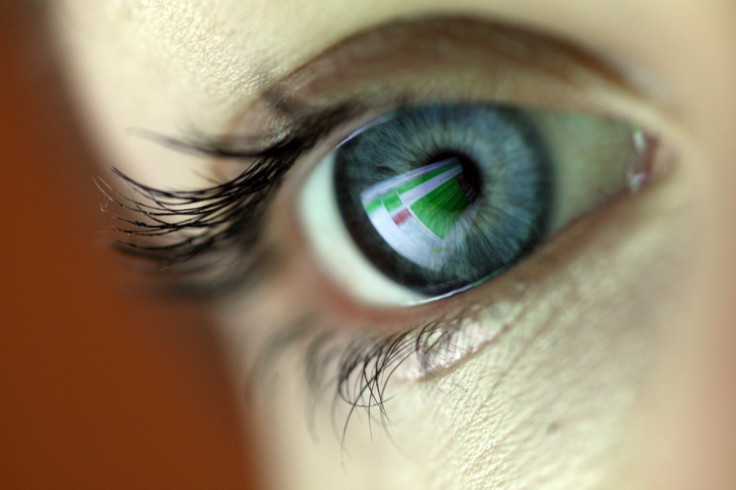Blind mother fitted with revolutionary 'bionic eye' describes telling time 'like Christmas day'

A British woman has had the gift of sight restored after she became the first of six patients to be fitted with an innovative "bionic eye". A miniscule electronic chip was sucessfully inserted into Rhian Lewis' right eye by surgeons at Oxford's John Radcliffe Hospital.
Blind mother-of-two speaks of joy at being able to see thanks to 'bionic eye'
https://t.co/QDctot9MPc pic.twitter.com/9MGlUeTAtI
— ITV News (@itvnews) January 5, 2016The 49-year-old mother-of-two from Cardiff suffered from retinitis pigmentosa since the age of five. "I was a toddler when my parents noticed I would not cross a darkened room, even from one light room to another light room, and that I was really scared of the dark. So they took me back and forward to the optician and specialists and then they diagnosed me with retinitis pigmentosa," Lewis told the BBC.
Lewis spoke of the difficulties she endured as a result of the condition, including loss of confidence due to reduced mobility. She said: "I don't go out and about on my own, ever. Then around the house, the kitchen, you rely on other people to find things for you - it's very frustrating. It's simple things like shopping...clothes shopping, you don't know what you look like. It's been, maybe eight years that I've had any sort of idea of what my children look like."
The hereditary disorder gradually destroys light-detecting cells located in the retina, with around 3,000 to 4,000 Britons suffering from the condition. The severity of the condition varies from person to person, and Lewis was left almost completely blind. About 16 years ago, she lost all vision in her right eye and was left virtually blind in her left eye.
Lewis is the first person outside Germany to be fitted with the advanced piece of technology, manufactured by Retina Implant AG. The device works by funneling light to the brain where it is then processed into meaningful shapes and objects.
Describing the moment the device was switched on, Lewis said: "They sort of put the magnet to the little receiver there on my head and switched the receiver on. They said I might not get any sensation... and then all of a sudden within seconds there was like this flashing in my eye, which has seen nothing for over 16 years, so it was like, 'Oh my God, wow!' It was just amazing to feel that something was happening in that eye, that there was some sort of signal."
After initially being unable to distinguish white objects on a black background, Lewis returned the following day and recounted her feelings when it was successful. "They did the objects on the table and I could get them and I was so chuffed, I must have looked like a kid at Christmas!" she said. "I was just locating a plate, a cup and a couple of shapes, but it was difficult because I didn't have any co-ordination. I haven't seen anything through that eye for so long, so I kept overshooting it a little bit - but we were getting there. I was just elated, really elated."
Professor Robert Maclaren, who is leading the research at Oxford said: "It's an amazing process because what Rhian and others are trying to do is reactivate a part of the brain that hasn't been doing anything for the last 10 years or so." He added: "There is a lot of rehabilitation because, basically, they are learning to see again."
Should the rest of the trial be successful, the implant could potentially be rolled out across the NHS. Rhian Lewis' story will be broadcast in Wednesday's (6 January) episode of "Trust Me, I'm a Doctor" on BBC2 at 8.00pm GMT.
© Copyright IBTimes 2025. All rights reserved.























